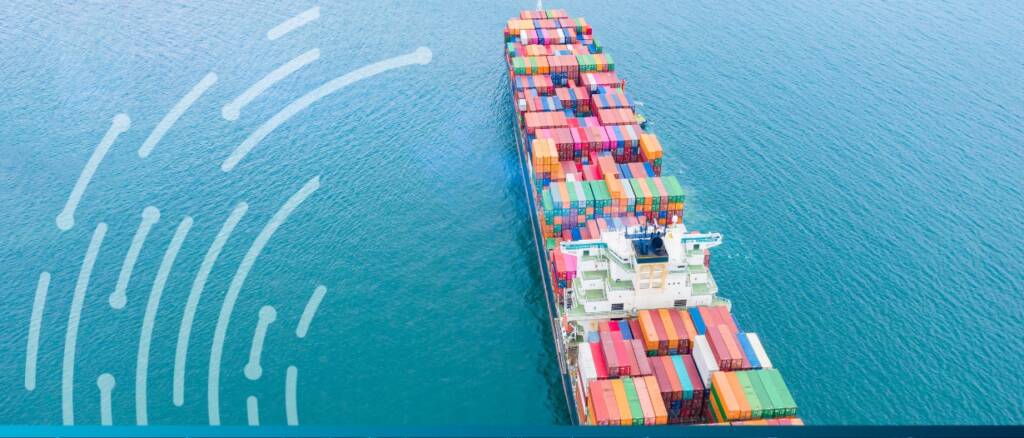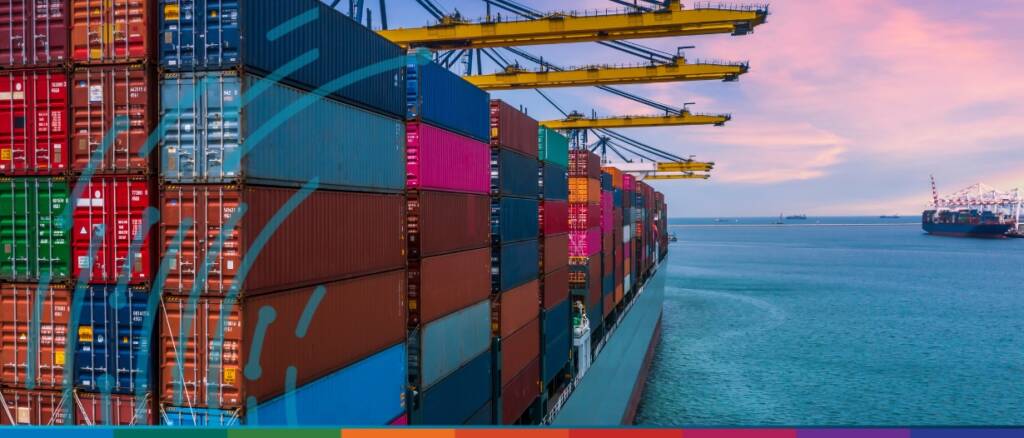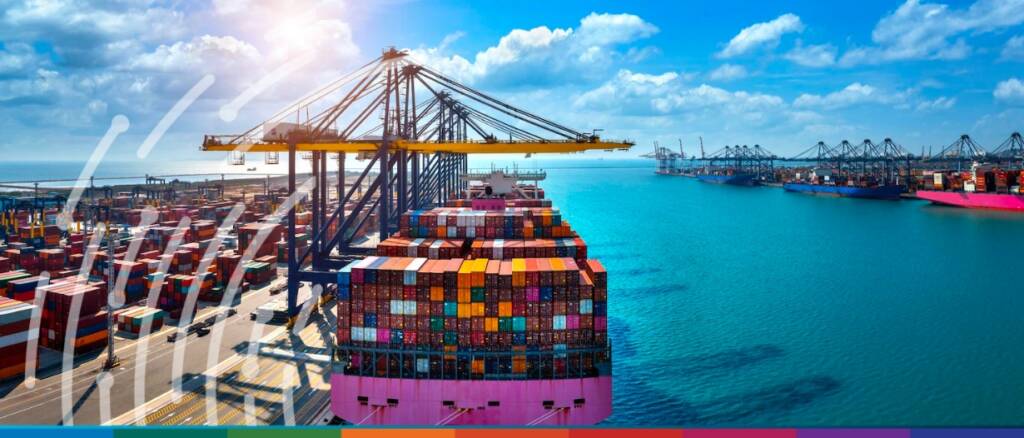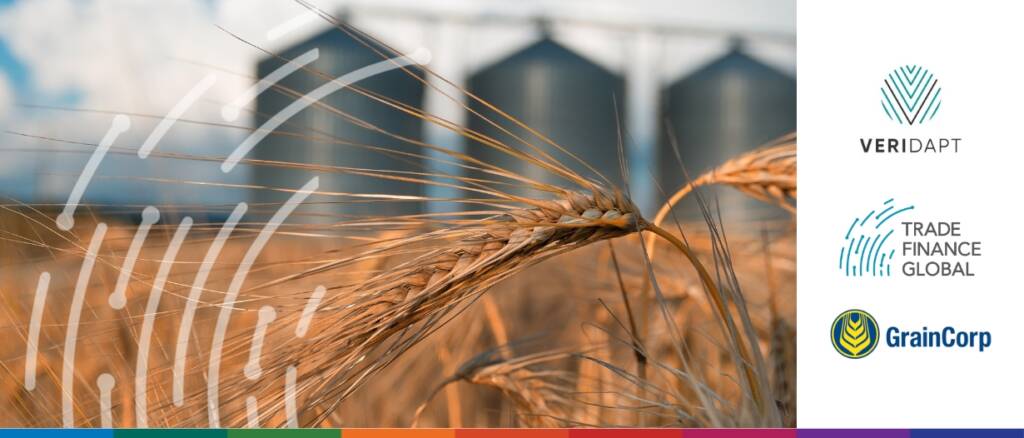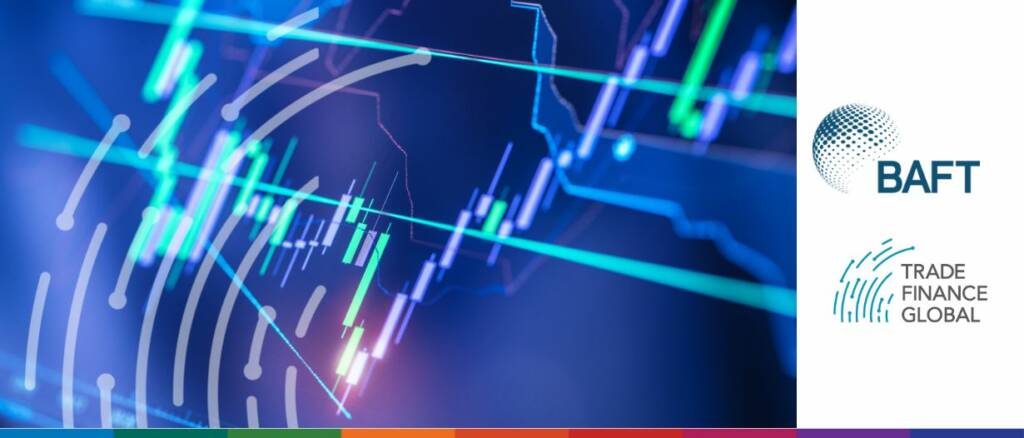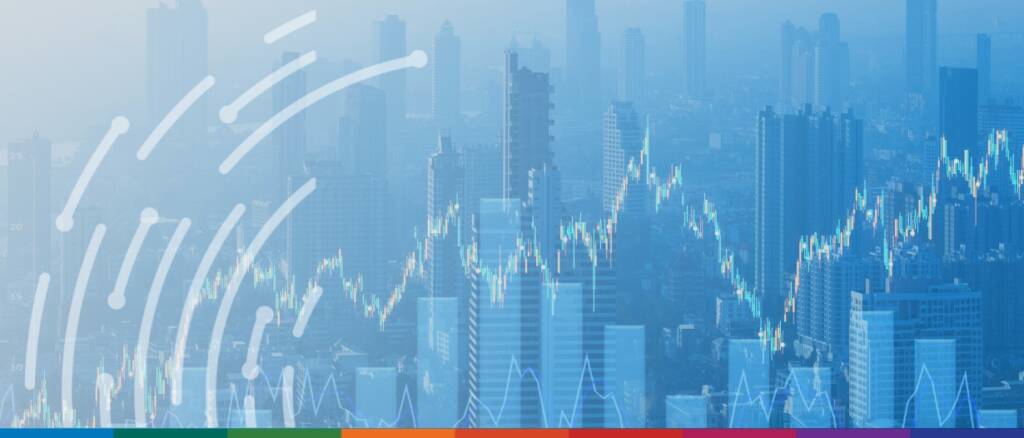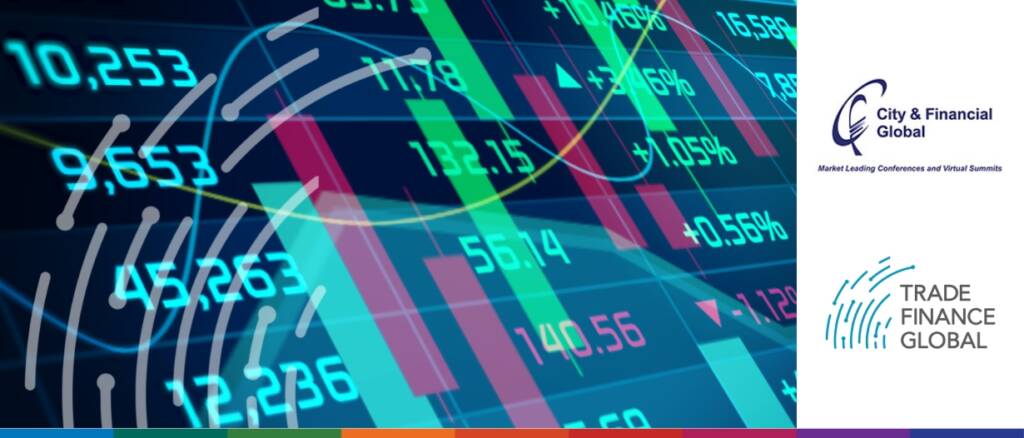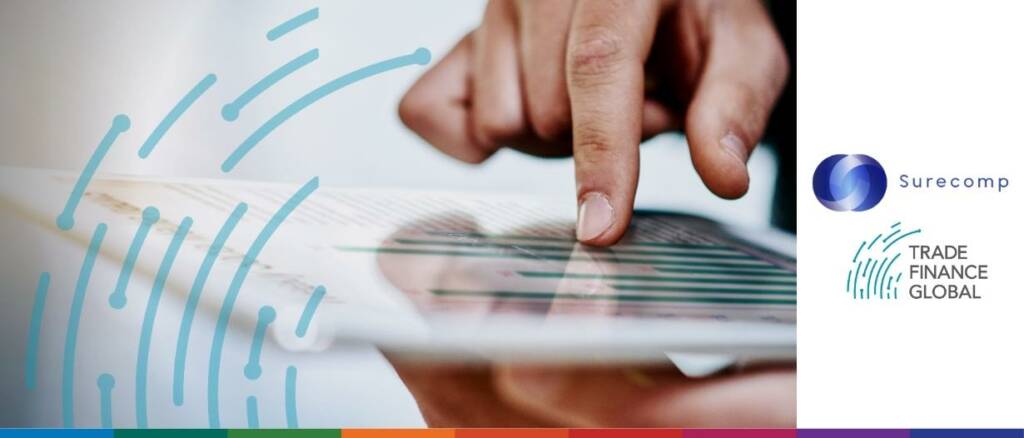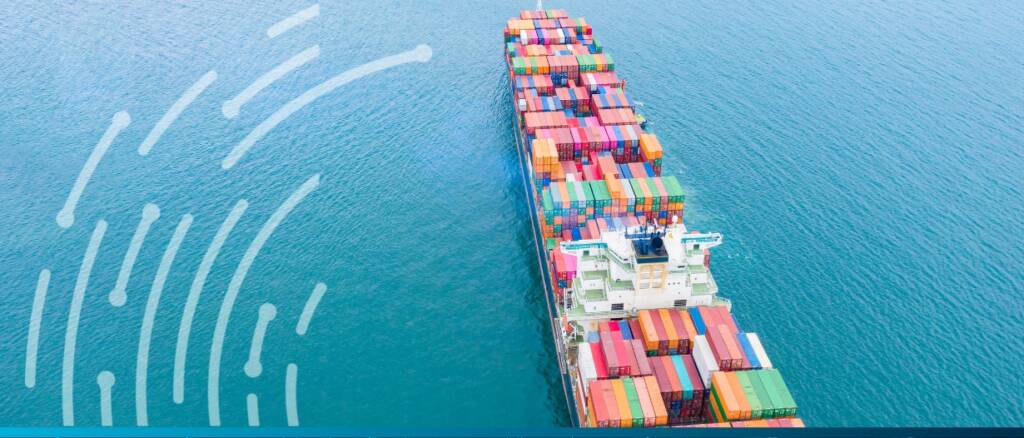The latest issue of TFG’s Trade Finance Talks, ‘Sailing into 2023: Navigating the new year’, is out now!
‘Permacrisis’ was crowned word of the year by the editors of the Collins English Dictionary at the end of 2022, defined as “an extended period of instability and insecurity”. It seems an appropriate term to describe the state of global trade, finance, and supply chains as we enter 2023.
As 2023 unfolds, shippers are experiencing signs of relief from the supply chain upheaval over the past few years. U.S. container imports in December continued to close in on 2019 volumes, port delays continued to improve, the maritime capacity crunch has eased, and ocean shipping rates have approached pre-pandemic levels.
There is no question that the turbulent global economy and the unending impact of the COVID-19 pandemic have wreaked havoc on China’s supply chain. The country’s economy is taking a hit with factories being forced to shut down, resulting in a significant disruption in international commerce.
To learn more about their collaboration and the role that technology can play in the commodities industry, Trade Finance Global (TFG) spoke with Peter Johnston (PJ), senior manager digital and agtech at GrainCorp, and Sean Birrell, CTO and co-founder of Veridapt.
To learn more about UNCITRAL and the efforts to support the regulatory environment around digital trade, Trade Finance Global (TFG) spoke with Luca Castellani.
The ICC DOCDEX is a dispute resolution procedure specifically designed for trade finance, whereby a panel of three independent and impartial experts renders a decision on a dispute arising out of a trade finance instrument or undertaking.
Taking a step in this direction, the UK legislature has enacted legislation to prevent economic crime. To learn more about this essential piece of legislation in the financial and economic world, Trade Finance Global (TFG) spoke with Susan Hawley, executive director of Spotlight on Corruption.
As we move into 2023, it will be crucial for solution providers to adapt and collaborate in order to seize the opportunities presented by digitisation for game-changing value creation.
Cargo transportation is enjoying rapid growth due to increased globalisation and online ordering. The shipping industry accounts for a vast percentage of global trade, so finding ways to make it more sustainable is crucial.















